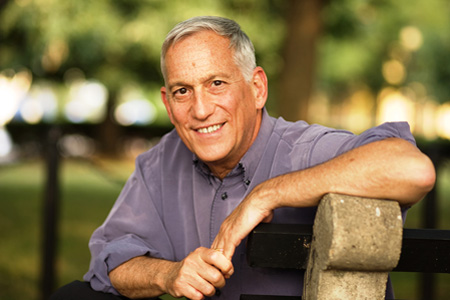Steve Jobs biographer Walter Isaacson is fighting a subpoena to open up closed interviews he had with Jobs in the Apple ebook price-fixing case. When Apple moved into ebooks, they negotiated an agency model with publishers. The publishers set the price, and Apple took a 30 percent cut.
The plaintiffs in the class action lawsuit are trying to get their hands on Isaacson’s notes and tape-recorded interviews in case there’s more about Jobs’ ebook strategy in there that could incriminate Apple. But Isaacson is using a journalism shield law to try to stop his notes being used in court.
Isaacson’s attorney, Elizabeth McNamara, argued that journalists have subpoenas issued on their work as a last resort, not at the start of a case. She also wrote in a letter to Judge Denise Cote that it hasn’t been shown that the material is relevant, or unobtainable from other sources.
McNamara also states the Isaacson does not have any tape-recordings of the interviews where he and Jobs discussed ebooks, therefore anything he does have should be considered as hearsay.
In a handwritten note on the letter, Judge Cote wrote that the plaintiffs could renew their application at a time when they could show there was good reason to have access to the notes.
The plaintiffs have not given up, as they are now applying to have an informal discovery session. (Trying to force Isaacson and his lawyer to at least tell them what he has in his notes.)
The plaintiffs’ lawyer Steve Berman maintained that Isaacson’s unpublished stuff wasn’t confidential and said that Isaacson had already played some of the tapes on TV while promoting his book.
“Mr Isaacson conducted numerous interviews during the time Mr Jobs was involved in negotiating Apple’s entry into the eBook market. And Mr Jobs discussed Apple’s eBook strategy and negotiations with Mr Isaacson,” Berman said.
“Not only are these discussions highly relevant, in light of his death, Mr Jobs’ contemporaneous recorded statements of Apple’s strategies, motives, and discussions with industry participants are unique evidence that cannot be obtained from other sources.”
The class-action case was filed after the Department of Justice filed its own case against Apple and five book publishers for price-fixing. While three of the publishers have settled, Apple, Penguin, and Macmillan continue their fight.



